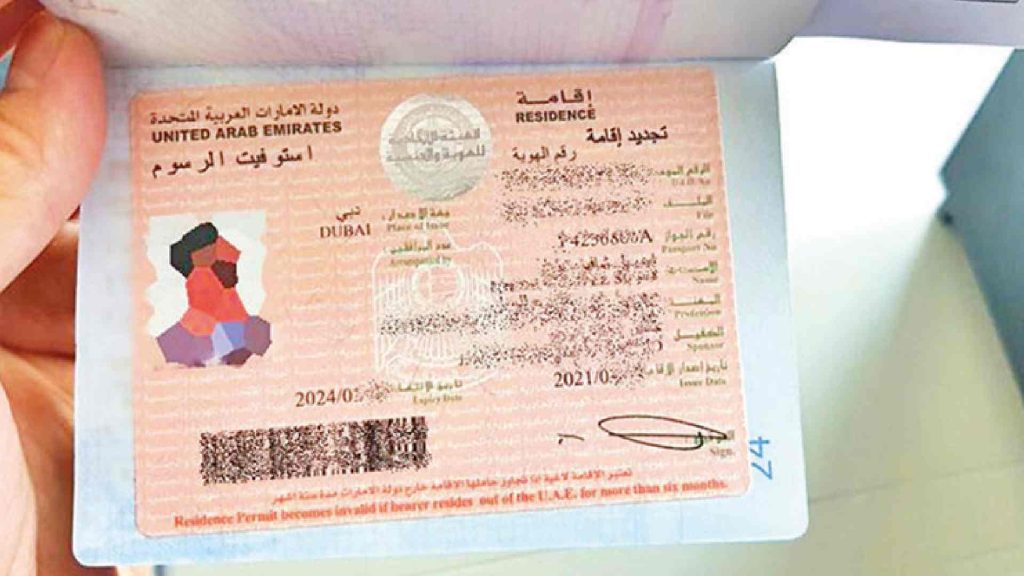Imagine sipping karak chai in Downtown Dubai while finalizing a deal that expands your empire across the Middle East. This isn’t a far-fetched fantasy—it’s daily life for thousands of investors thriving here. But how do you join them? Let’s unravel the investor visa process, sprinkled with local know-how even seasoned expats wish they’d known sooner.
Understanding Dubai’s Investor Visa Options
Dubai offers several investor visa pathways, each tailored to different goals. The most popular include the Golden Visa (5-10 years for property or business investors), Free Zone Investor Visa (linked to company setup in zones like DMCC or DIFC), and Mainland Company Investor Visa. The Golden Visa, notably, now covers over 10 business activities, from tech startups to renewable energy ventures.
Key detail: In 2023, the UAE slashed minimum investment thresholds for certain sectors. For example, tech innovators can now qualify with smaller capital if they hold patents registered with the Ministry of Economy.
Eligibility Criteria: Who Qualifies?
To apply, you’ll typically need proof of investment—think property titles (minimum ~AED 2M) or business ownership documents. Free zones often require a physical office, but some like Dubai South offer flexi-desk solutions. Surprisingly, retired investors over 55 can now obtain long-term visas if they own AED 1M+ property, thanks to recent reforms.
Watch out: Your business activity must align with the Department of Economic Development (DED)’s approved list. Opening a café in Dubai Silicon Oasis? Double-check if F&B is permitted there.
Required Documents: Beyond the Obvious
Passport copies and passport-sized photos are standard, but here’s where many stumble. You’ll need a Bank No-Objection Certificate (NOC) if transferring funds from a UAE account. For property investors, a Title Deed attested by the Dubai Land Department is non-negotiable. Free zone applicants must submit their Trade License and Lease Agreement—even virtual offices count.
Pro tip: Arabic translations of foreign documents must be stamped by the Ministry of Foreign Affairs. Skip the hassle by using translation services in Al Twar, where agencies handle attestation within hours.
Step-by-Step Application Process
First, choose your investment route. Let’s say you opt for a free zone. After registering your company (expect 5-7 working days), submit your visa application via the General Directorate of Residency and Foreigners Affairs (GDRFA) portal. Attach scanned documents, pay fees, and await initial approval. Next, complete a medical test at approved centers like Al Baraha Hospital. Finally, submit your passport for visa stamping.
Cultural nuance: Applications filed on Sundays or during Ramadan mornings often face fewer delays—government offices prioritize efficiency during these windows.
Hidden Costs and Budgeting Smartly
Beyond the ~AED 3,000 visa fee, budget for Emirates ID (~AED 300), medical tests (~AED 500), and document attestations (~AED 800). Free zones like RAKEZ bundle these into packages, but read the fine print. Annual health insurance (~AED 1,200+) is mandatory, and some free zones require security deposits for office spaces.
Local hack: Negotiate with banks like Emirates NBD for investor-friendly accounts. Many waive monthly fees if you maintain a minimum balance.
Property Investment vs. Business Setup: Which Wins?
Buying property (AED 2M+) grants a 2-year visa renewable indefinitely—ideal for passive investors. But launching a business (AED 72K+ in free zones) offers greater ROI potential. For instance, a DIFC-based fintech firm can access regional markets tax-free.
Case study: A client from the www.few.ae team flipped a Dubai Marina apartment into a 10-year Golden Visa, then used rental income to launch a consultancy—hybrid strategies work.

Navigating Legal Pitfalls and Local Laws
Dubai mandates that mainland businesses have a local sponsor (51% ownership). However, free zones allow 100% foreign ownership. Always draft a Memorandum of Understanding (MoU) with sponsors, clarifying profit splits. The DED’s Tasheel centers offer affordable legal templates.
Red flag: Avoid “silent partner” setups. The UAE Commercial Companies Law requires investor visas to be linked to active managerial roles.
Renewals and Long-Term Compliance
Investor visas typically renew every 2-3 years. Submit renewal requests 30 days before expiry via the GDRFA app. Late fees can hit AED 100/day. Free zone companies must renew trade licenses annually—overdue licenses void visas.
Insider insight: Set calendar reminders for Dubai’s Grace Period (30 days post-visa expiry) to avoid bans.
Family Sponsorship and Benefits
Holders can sponsor spouses, children, and even parents (conditions apply). School-age kids need Emirates ID for enrollment. For newborns, register at Dubai Health Authority hospitals to fast-track birth certificates.
Cultural tip: Some free zones like Sharjah Media City offer discounted family visa packages—perfect for solopreneurs.
Why Dubai’s Investor Visa Outshines Regional Competitors
Unlike Saudi Arabia’s stringent Premium Residency, Dubai imposes no income tax and processes applications faster (often 15-20 days). The city’s 80% expat population ensures diverse networking, from Dubai Multi Commodities Centre traders to Dubai Internet City tech moguls.
Where to Seek Reliable Help
Avoid unregistered brokers prowling Business Bay. Instead, consult Dubai Development Authority-approved agencies like PRO Partner Group. For DIYers, the GDRFA’s Amer centers in Deira provide free checklists.
Final Insights from the www.few.ae Team
After guiding 500+ investors, we’ve learned this: Dubai rewards preparation. Attend pre-application workshops at Dubai Chamber of Commerce, network at Expo City Dubai investor summits, and always—always—keep extra passport photos in your glovebox.
Now, armed with these insights, you’re ready to turn that investor visa dream into a Dubai address. The city doesn’t just open doors; it builds bridges for those bold enough to cross them.
